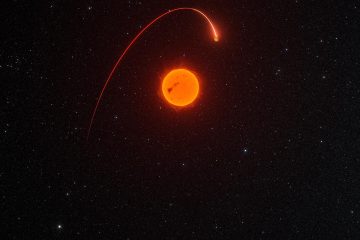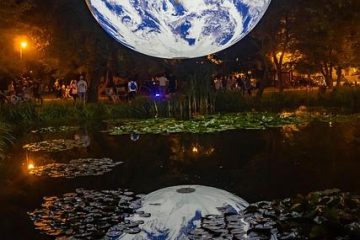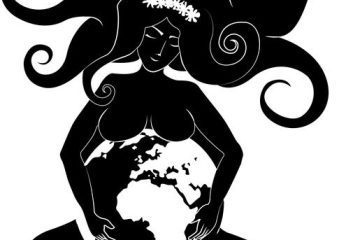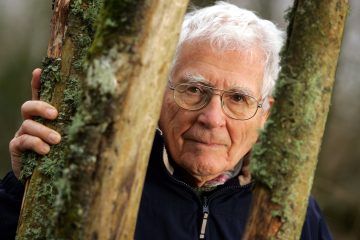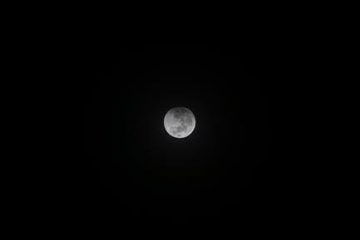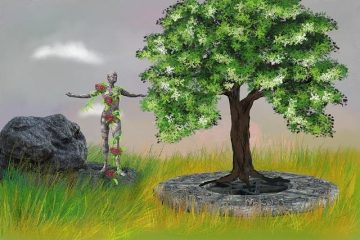Gaia hypothesis
gaia hypothesis weaknesses
While the Gaia Hypothesis offers a captivating perspective on Earth’s interconnectivity, its weaknesses lie in the lack of empirical evidence and the difficulty in quantifying complex ecological interactions, leaving room for debate among scientists.
